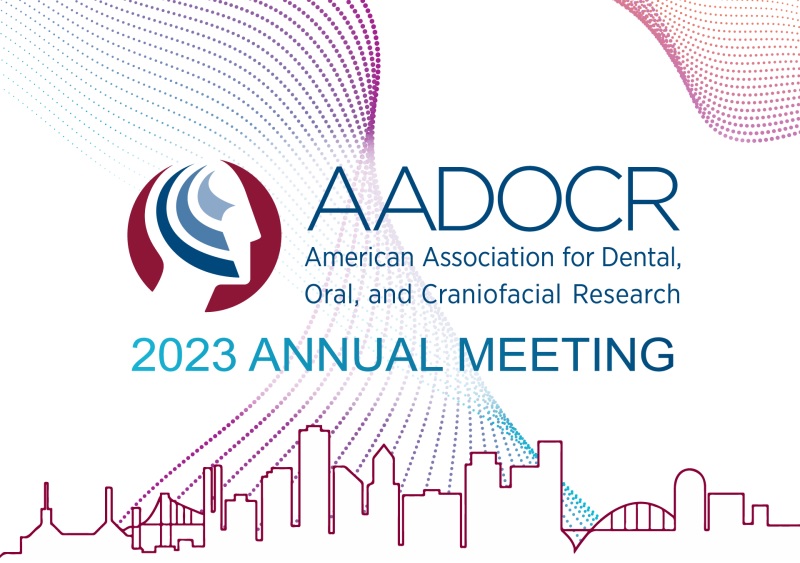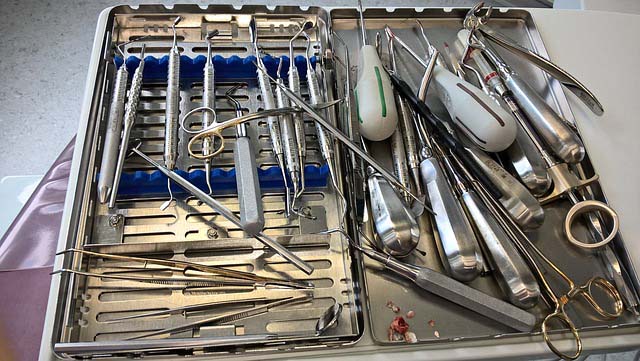
A study examining the association between mental health and oral health cross-sectionally and longitudinally was presented at the 52nd AADOCR Annual Meeting and Exposition , held in conjunction with the 47th CADR Annual Meeting. The AADOCR/CADR Annual Meeting and Exposition was held at the Oregon Convention Center in Portland from March 15-18, 2023.
The study, led by Alex Kalaigian of the University of California, San Francisco School of Dentistry, acquired self-reported data from the Population Assessment of Tobacco and Health (PATH) Study.
The Global Appraisal Individual Needs-Short Screener (GAIN-SS) measured mental health symptoms according to three disorder categorizations: internalizing, externalizing, and substance use.
Six oral health conditions were assessed: self-rated oral health, bleeding gums, loose teeth, tooth loss, gum disease, and bone loss.
A cross-sectional analysis within PATH Wave 4 (2016-2018, N = 30,753) compared the survey-weighted prevalence of six oral health outcomes by severity of mental health problems. Prospectively, PATH Wave 5 oral health outcomes (2018-2019) were assessed according to Wave 4 mental health problems (N = 26,177).
Cross-sectionally, all six adverse oral health outcomes demonstrated a statistically significant higher prevalence of increasing severity of mental health problems.
For example, the adjusted odds of bone loss around the teeth were 1.79 times higher [95% CI: 1.30-2.46] in the high versus no/low categories of internalizing problems.
Longitudinally, associations with externalizing and substance use problems largely dissipated, but multiple associations with internalizing problems persisted. For example, the adjusted odds of bleeding gums were 1.40 times higher [95% CI: 1.22-1.62] in the high versus none/low internalizing problems categories.
The study concluded that providers should expect higher levels of oral disease among patients with adverse mental health conditions. Independently of externalizing and substance use problems, symptoms of internalizing problems are a plausible risk factor for future adverse oral health.
These results can inform both the medical and dental communities in the diagnosis and treatment of people suffering from mental illness.
About AADOCR
The American Association for Dental, Oral, and Craniofacial Research (AADOCR) is a nonprofit organization with a mission to advance dental, oral, and craniofacial research to promote health and well-being. AADOCR represents the individual scientists, clinical scientists, dental professionals, and students from academic, government, nonprofit, and private sector institutions who share our mission. AADOCR is the largest division of the International Association for Dental Research. Learn more at www.aadocr.org.
















